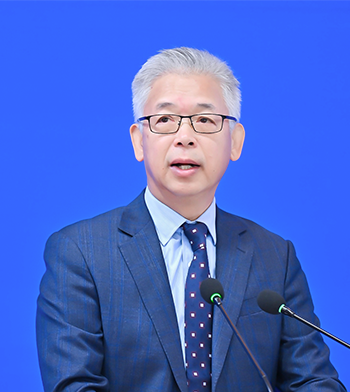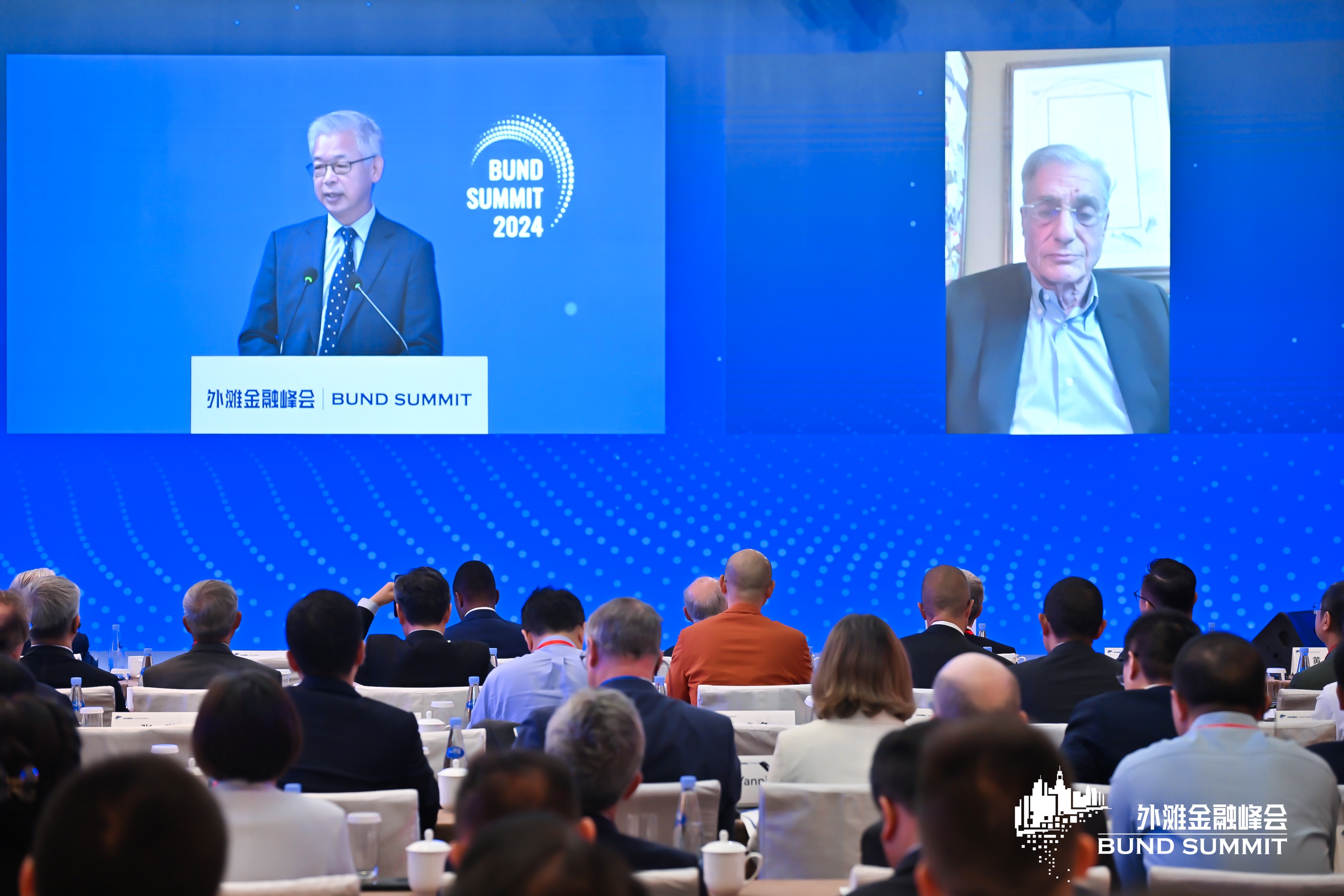

1. Regarding the U.S. economic outlook,I think that was a momentary market event. We still have momentum, but it has slowed some. Although that could happen, the odds are we’ll not have a recession. It would be healthy if it turns out that we have achieved the soft landing that people often talk about but seldom achieve.
I think the Fed was somewhat a slow actor. Having said that, they did, and I think they have done a good job since. If it was me, I’d probably have a small interest rate cut, say 25 basis points. Then I’m going to look at the data and see what happens. And my guess is, that’s what they’re going to do.
2. This is my view, and I’m not saying anybody else’s view in the administration or anybody else. I think there are legitimate concerns about having secure supply chains, chips and various other matters that are essential either for our national security or economic security. Those are externalities, I think, in other words. I’ve talked to Tim Geithner a lot about this, and I think the question is where do you draw the lines? And I think that remains to be seen. I think there are legitimate uses for tariffs, but I also think trade is a tremendous benefit to your country and our country. So I think those should be limited, and limited with a lot of discipline to the areas where you really need to protect your supply chains.
But then I want to add one other thing. The danger is that politicians will go beyond what are reasonable boundaries, and that’s the disadvantage of us, and I think everybody else.
3. It takes a massive amount of money to train one of these systems. I’m talking about vast amounts of money, and so China and the United States are in a position to do that, and we both have strong technology capabilities. So I think our two countries will continue to move ahead.
I think the potentials are enormous for our economy. And by the way, that could help with our fiscal problems too. Some people are now estimating that AI could increase our trend growth from the roughly 2% people now think to 2.5-3%. Well, that could have a real effect of fiscal offsets in that too. But there are also real risks, and I think it’s really important for the United States and China to try to work together and see if we can develop some kind of a global approach. Because otherwise we’re going to be competing with each other. We’re all going to be lowering standards, because each one’s going to be afraid the other one run ahead.

Robert RUBIN
The 70th Secretary of the Treasury of the United States; Co-Chairman Emeritus, Council on Foreign Relations


When President Trump started the trade tension or conflict by significantly raising the tariffs, we economists like to think that’s counterproductive. Because when you look at the export numbers, especially if you included indirect exports from China to the US, it had very limited impact over all exports from China to the US. What I am not sure is if this is a transitory situation or it’s a continuous situation. But to be honest, when the US administration say, “we don’t want to decouple and we want to de-risk,” for some business people here, de-risk is not too different from decouple. Because you see the potential risk going forward. So the tariffs and also the small yards and high fences and so on, we feel that they are really hurting economic activity, probably welfare for people in China, but also in other parts of the world. But are these policies above working for American people? Are manufacturing jobs really coming up? Are tariffs lifting the cost of living in the US?

HUANG Yiping
Dean, National School of Development, Peking University
Watch the highlights


